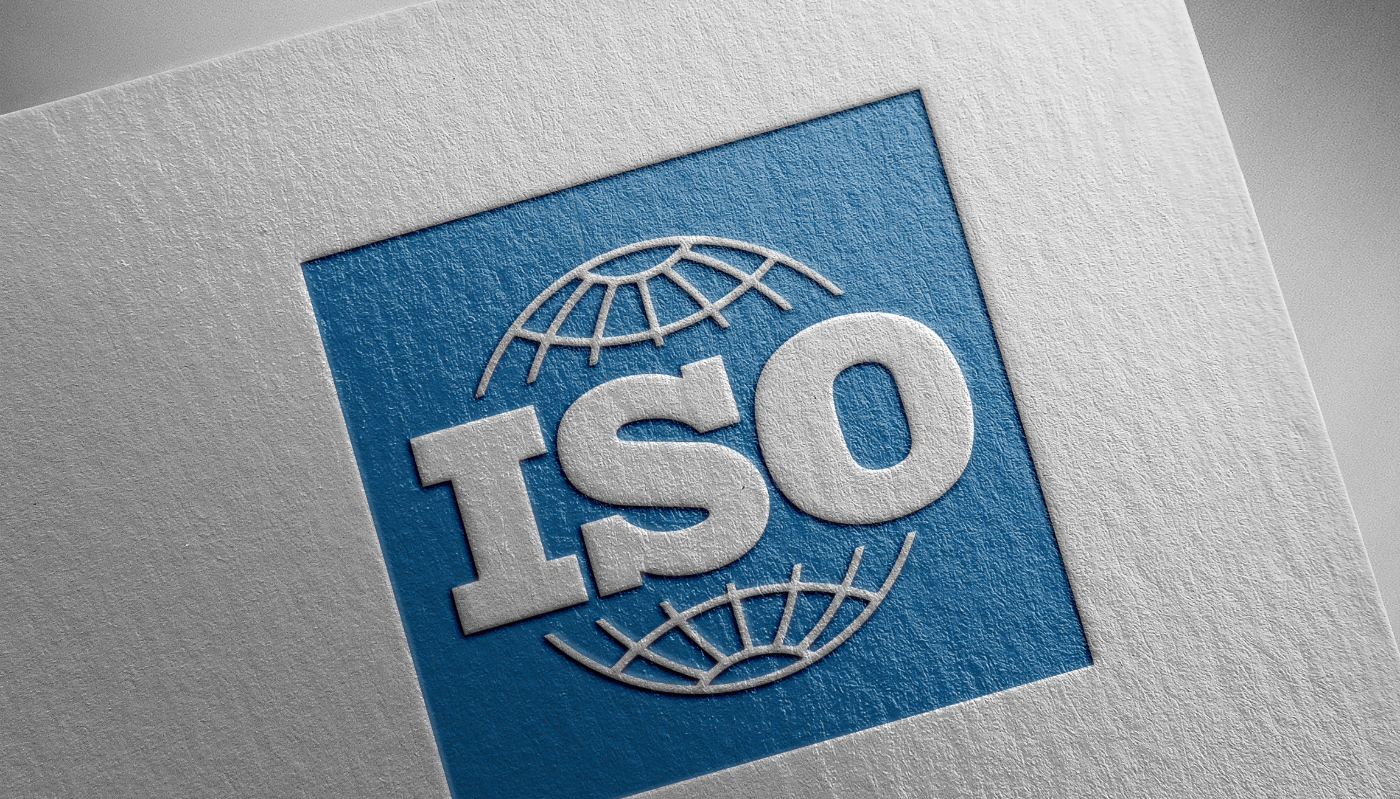
Quality management is an essential part of any organization, regardless of its size or industry. The ISO 9001 is an internationally recognized standard for quality management systems that helps organizations to achieve consistent and high-quality products and services. In this article, we will explore the key aspects of ISO 9001 and its significance for businesses.
What does ISO 9001 mean ?
ISO 9001 is a model for quality assurance that defines the requirements for a quality management system (QMS). It is developed by the International Organization for Standardization (ISO), which is a non-governmental organization that provides standards for various industries worldwide. The ISO 9001 standard sets out the criteria for a QMS that helps organizations to meet customer and regulatory requirements consistently. The latest version ISO 9001:2015 standard has a high-level structure that follows the Annex SL framework, which is a standardized format that provides a common language and structure for organizations to use when developing management systems.
ISO quality management principles
The ISO Quality Management Principles are a set of 7 fundamental principles that form the basis of the ISO 9001 quality management system standard. These principles include customer focus, leadership, engagement of people, process approach, improvement, evidence-based decision making, and relationship management. . These principles are designed to help organizations improve their overall quality management practices and achieve better results, ultimately leading to increased customer satisfaction and organizational success. By following these principles, organizations can establish a strong foundation for their QMS and ensure that they are meeting customer and regulatory requirements consistently.
ISO 9001 legal and regulatory requirements
ISO 9001 is not a legal requirement although it requires organizations to identify and comply with all legal and regulatory requirements applicable to their products and services. This includes requirements related to safety, health, and the environment, as well as industry-specific regulatory requirements. Organizations must also establish procedures for tracking and updating legal and regulatory requirements. ISO 9001 training is essential for organizations who want to effectively implement a QMS that meets the requirements of the ISO 9001 standard.
ISO 9001 certification
ISO 9001 certification is a process that involves an independent third-party certification body to audit an organization's QMS to ensure that it meets the requirements of the ISO 9001 standard. An ISO 9001 certified organization demonstrates that it has a robust QMS that meets customer and regulatory requirements consistently. ISO 9001 certification is widely recognized all around the world, including in Canada, and many organizations across all industries have obtained the certification to demonstrate their commitment to quality management. The Canadian government also recognizes ISO 9001 certification as evidence of compliance with statutory and regulatory requirements.
Choose a Quality Management System with BlueKanGo
The implementation and maintenance of a quality management system that comply with ISO 9001 can be facilitated by using a dedicated software. Such software can help organizations manage documentation, internal audits, non-conformities, corrective and preventive actions, as well as key performance indicators. Quality management system software solutions offered by BlueKanGo can be customized to meet the specific needs of each organization.
. . .

